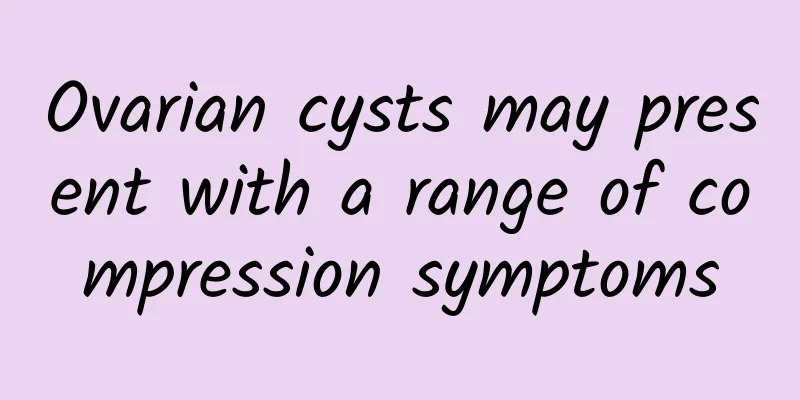What are uterine fibroids?

|
What are uterine fibroids? In the clinical treatment of uterine fibroids, many patients seek medical treatment very late. It is understood that patients do not know much about this disease. When the disease first occurs, it does not attract much attention from patients. It is too late to seek medical treatment when it becomes serious. The following experts introduce what uterine fibroids are, and hope it will be helpful to everyone. What are uterine fibroids? The following experts give a detailed introduction to this issue. Uterine fibroids are a common gynecological disease in women. Most cases have no symptoms, but a few cases present with vaginal bleeding, abdominal masses, and compression symptoms. Pain may occur if the pedicle is twisted or other conditions occur. Multiple uterine fibroids are common. Uterine fibroids are more common in women aged 30 to 45 with strong ovarian function. After the age of 50, due to the obvious decline in ovarian function, most fibroids shrink on their own. Whether uterine fibroids have symptoms and their severity are mainly determined by the location, size, number and complications of the fibroids. Some fibroids are small, grow slowly, and are asymptomatic, and can remain undetected throughout life. In recent years, due to the widespread use of B-type ultrasound examinations, many patients have been found to have uterine fibroids through B-ultrasound examinations during routine physical examinations, but they themselves have no symptoms. Most patients do not know what uterine fibroids are, and most patients seek medical treatment because of symptoms. Common symptoms of uterine fibroids include uterine bleeding, abdominal masses, vaginal discharge, compression symptoms, etc. Patients with uterine fibroids should pay attention to the following: patients should not be overly tired and should take more rest. Eat more fruits and vegetables, keep the vulva clean, do not wear tight clothes, and wash it at any time if there is excessive vaginal discharge. After confirming that it is uterine fibroids, go to the hospital in time and do not delay the treatment. Avoid pregnancy during this period to avoid inflammation. When the menstrual period is heavy, pay attention to supplement iron to avoid anemia. Do not take hormones to avoid the enlargement of fibroids. |
<<: What are the serious symptoms of premature ovarian failure?
>>: Can vaginitis cause infertility?
Recommend
What is the reaction after moxibustion for pelvic inflammatory disease?
Moxibustion has the effects of warming the yang a...
What are the causes of irregular menstruation?
What are the causes of irregular menstruation? Co...
What are the dietary precautions for women with cervical erosion? Three dietary precautions for patients with cervical erosion
The emergence of cervical erosion has seriously d...
What are the dangers of not resting after abortion? Not resting after abortion will cause these 6 diseases
If you do not rest after an abortion, it will dir...
If you don’t want to gain weight, walk 7116 steps every day!
Most obese people want to find a quick way to los...
How to cure cervical erosion
Cervical erosion is a common gynecological diseas...
It can also be done under your desk! 3 tricks to fight edema
I had a long-awaited date after get off work, but...
Is pelvic effusion 4.3*1.8 normal?
Pelvic fluid effusion of 4.3cm*1.8cm may be norma...
Do I need to treat cervical erosion? Common treatments for cervical erosion in women
Should I treat cervical erosion? The degree is no...
What should I pay attention to if I have chocolate cyst?
Although chocolate cysts are very common, they ar...
Pelvic peritonitis can be relieved by soaking flower tea
Whether it is a patient with pelvic peritonitis o...
Experts explain the dangers of uterine fibroids in pregnant women
In real life, many female friends will suffer fro...
What are the clinical manifestations of cervicitis?
Cervicitis is a common gynecological disease and ...
Eat sweet potatoes to lose weight but get fatter the more you eat? Eating this way reduces calories and avoids pitfalls
The most common ingredient on the weight loss ran...
What are the causes of adnexitis in women?
As we all know, among many gynecological diseases...









